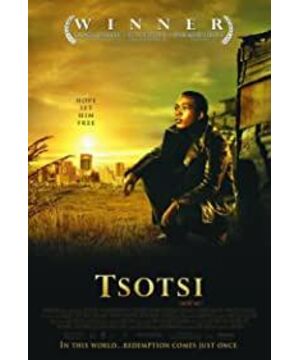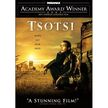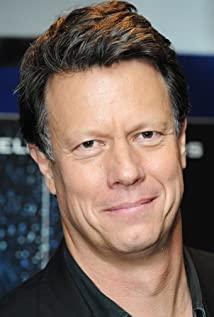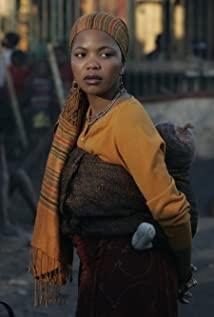Since it is a salvation for the wicked to change to the good, the plot can basically be guessed. In the beginning, the cold-blooded and violent boy was awakened by a baby's softness, and finally surrendered to the police. The characters have a very eye-catching opening, a tortuous mental journey, and a successful ending. Coupled with the psychological shadow of childhood and the struggle of brotherhood, the story is not leaking, and the director's position is firm and clear. More importantly, such a theme. It has a wide range of educational significance.
Of course, the above is for the introduction of the film bureau. As far as the film itself is concerned, it is still quite ornamental and artistic. The clues of the story are very clear, and the process is not dull. There is no time to add exciting and violent scenes, and sometimes philosophical dialogue can emerge. The background of heavy rain and dark night is also just right to highlight the plot and the psychology of the characters. Through the interpretation of such a story, the director has been able to fully achieve his goals. It can be said that it is a work with relatively complete form and content.
The film uses babies to illuminate the mob, which also makes this redemption deeper. Because babies represent the most innocent and innocent human nature, they are two completely different worlds from the intriguing, indifferent and utilitarian adult world. In addition, babies cannot speak with their mouths and can communicate with people most directly. This dilutes the preaching meaning of the film and allows people to get insights and touches directly from people's body language. There is no need for indoctrination at all. A look in a baby's eyes, a smile, and a cry can make people feel compassionate, and any evil thoughts can be temporarily purified. At first, it may be difficult to understand why the mother was desperate for a car, but when the baby's face flashes, I believe that every audience will pass a trace of admiration for the great maternal love.
The actor's cruelty during the opening robbery is heart palpitating, and he doesn't hesitate to say anything to his accomplices. What's interesting is that when his good side was awakened, although he wanted to do his best to raise and protect the baby, he still took a violent and extreme way. He threatened the young woman with a gun to breastfeed the baby, and then used robbery to get toys for the baby. Speaking with swords and guns has become a life habit that he is accustomed to. He doesn't know that the world can still understand and communicate in a calm way. This kind of character transformation is more authentic and credible, but unfortunately it makes the theme somewhat superficial, the hero fails to gain a deeper level of vigilance, and the story does not bring enough power to the heart.
The final surrender is too idealistic, and I don’t like such a seemingly perfect ending, and I never think that the police represent the party of absolute justice. And judging from the performance of the police in the film, they also used violence to solve problems. They only knew that they pointed their guns at the heads of the culprits, and did not know how to use words and psychology to defeat or influence them. To use one kind of violence to surrender to another kind of violence, for the best foreign language film of Oscar, the artistic value is still a little superficial.
This film can only be regarded as quite satisfactory in Hollywood, but for South Africa it may already be a masterpiece of the highest standard. South Africa also has a great actor like Charles Theron, and the potential cannot be underestimated. Let us look forward to the new army of African films that will continue to surprise us in the future.
View more about Tsotsi reviews











